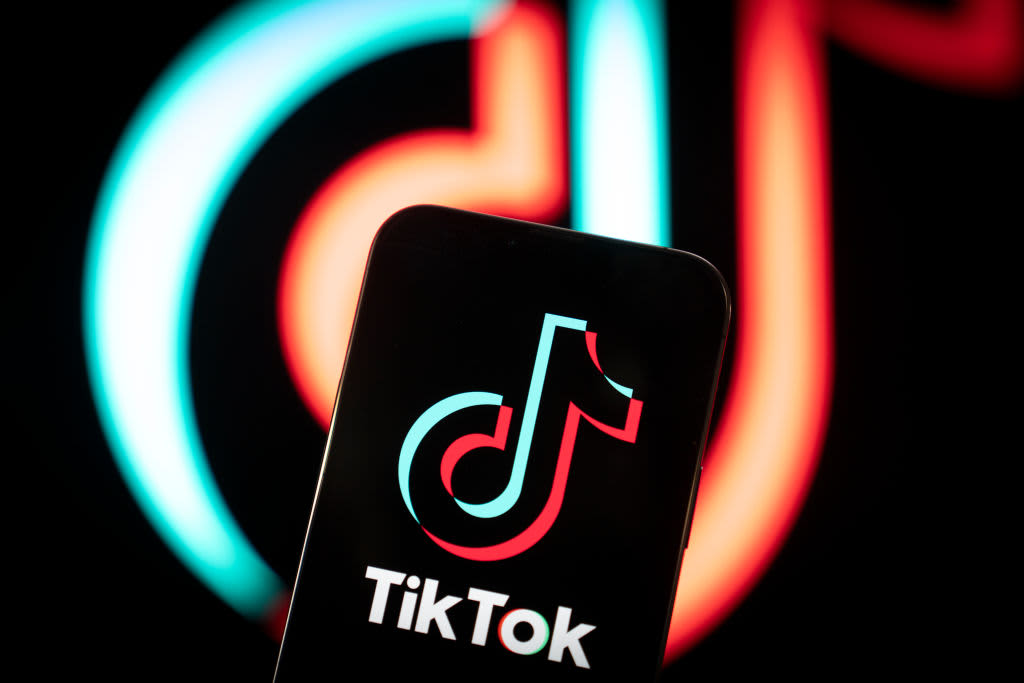
TikTok is launching its subscription-based music streaming service in Australia, Mexico and Singapore to a small group of test users on Wednesday.
The expansion comes after the popular short video app launched TikTok Music in Indonesia and Brazil earlier this month.
“We are inviting users in Australia, Mexico and Singapore to participate in the TikTok Music closed beta test from today,” the company said in a statement. Participants will be offered a free three-month trial to test the service.
Mexico is TikTok’s fourth-largest market with 62.4 million active users aged 18 years and above, according to DataReportal, after the U.S. (116.5 million), Indonesia (113 million) and Brazil (84.1 million).
TikTok has plans to boost growth in other markets outside of the U.S. — its largest market — where Montana became the first state to ban TikTok. The app is also banned in India. TikTok’s CEO previously said the company will pour “billions of dollars” into Southeast Asia over the next few years.
TikTok Music allows users to sync the music-streaming service to their TikTok accounts.
“TikTok Music is a new kind of music service that combines the power of music discovery on TikTok with a music streaming service offering millions of tracks from thousands of artists,” a spokesperson said.
The company added TikTok Music will “help users listen, share and download the music they have discovered on TikTok, as well as share their favorite tracks and artists with their TikTok community.”
TikTok Music will compete against Spotify and Apple Music, the dominant services in these markets. For example, Spotify accounts for over 80% of music subscriptions in Mexico.
Wednesday’s announcement is the latest in TikTok’s growing efforts in music streaming.
On Tuesday, the company announced an expanded licensing agreement with Warner Music Group.
Earlier this month, TikTok-owner ByteDance said it will shutter its music-streaming service Resso in Indonesia and Brazil following the launch of TikTok Music. The company said Resso users could transfer their accounts to TikTok Music instead.
Source: CNBC
